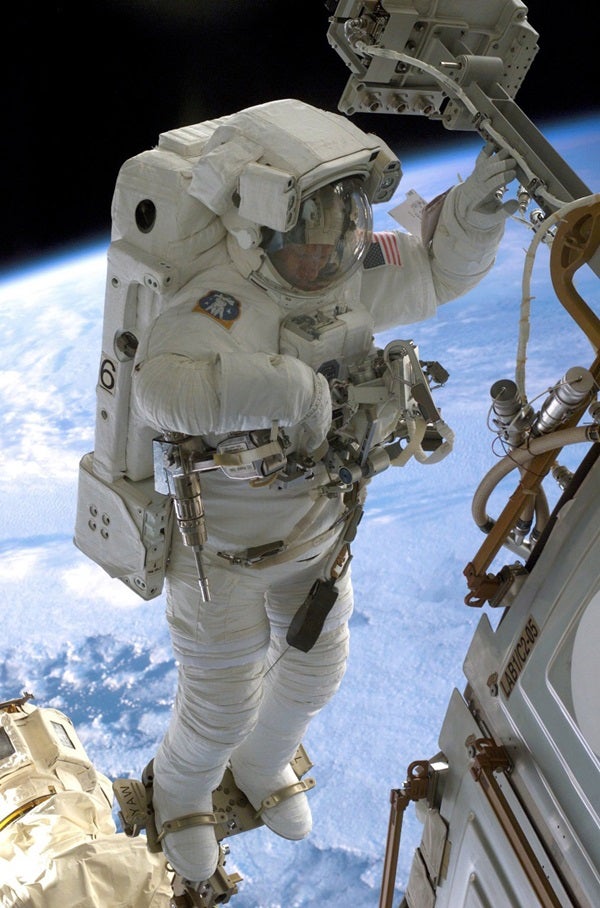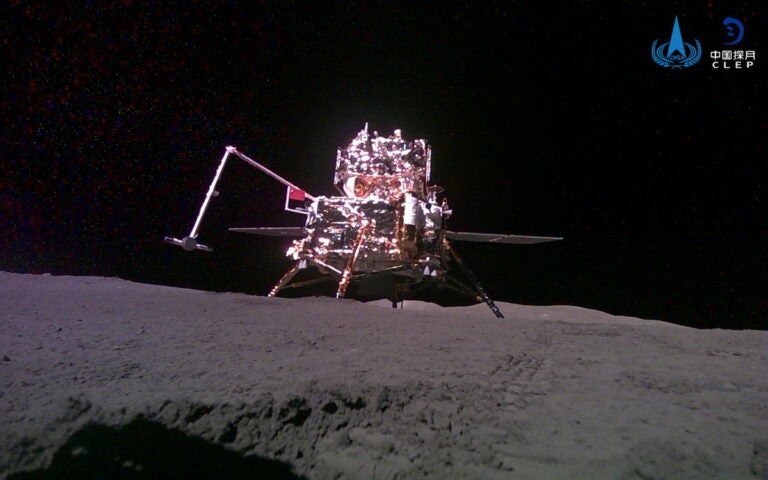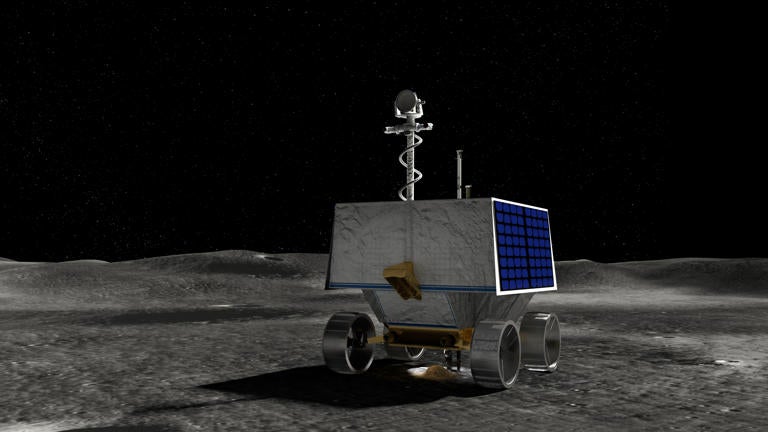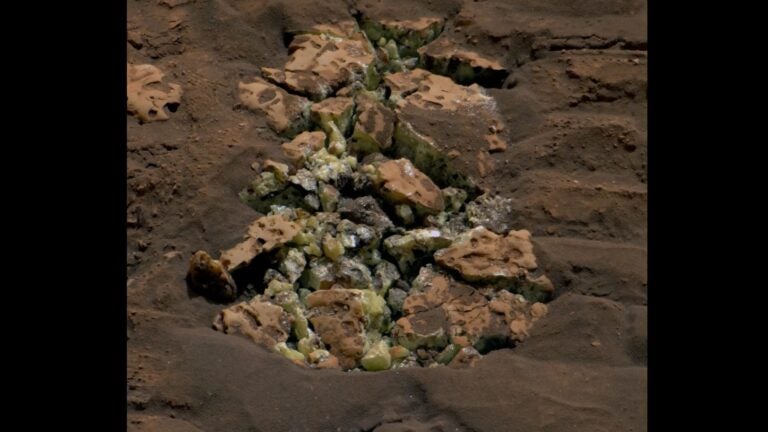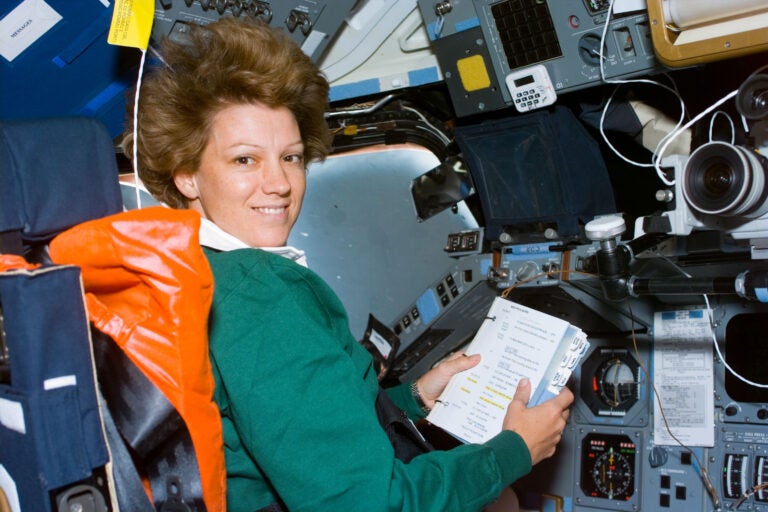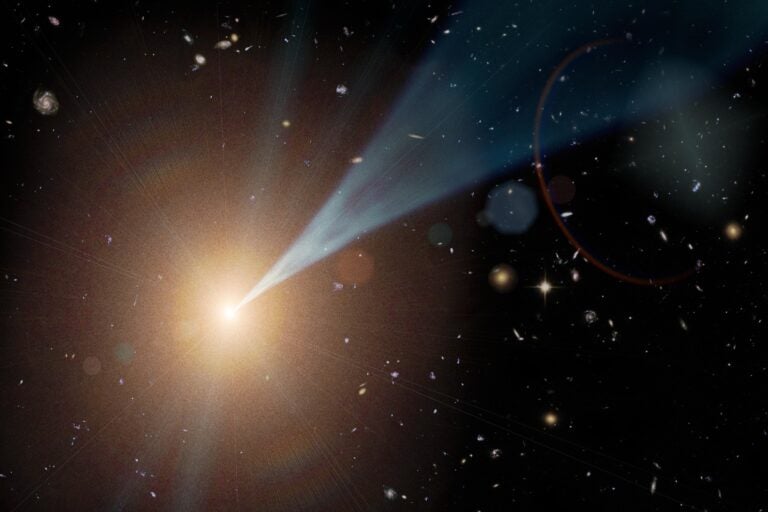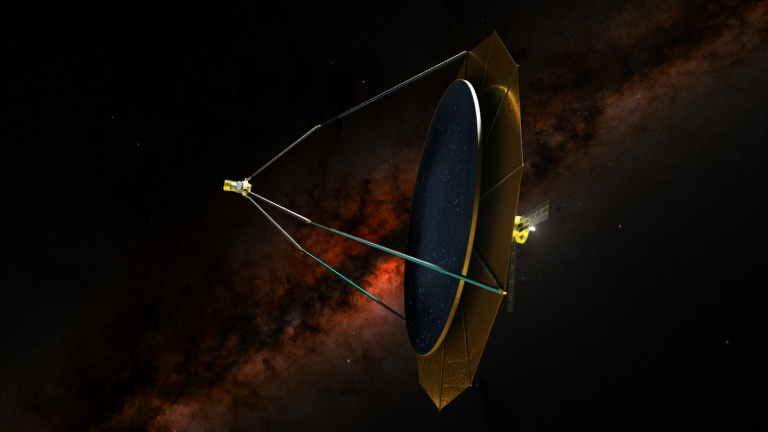August 6, 2008NASA’s Human Research Program will fund nine proposals from six states to investigate questions about the effects of space radiation on human explorers. The selected proposals from researchers in California, Colorado, Georgia, Maryland, New York, and Utah have a total value of approximately $13 million.
The ground-based studies will address the impact of space radiation on astronaut health. Research areas will include risk predictions for cancer and models for potential damage to the central nervous system.
“The proposals funded this year using advanced biomedical approaches will lead to a much deeper understanding than has been possible in the past on how celestial radiation differs from radiation on Earth,” said Francis A. Cucinotta, chief scientist for the Human Research Program at NASA’s Johnson Space Center in Houston.
The Human Research Program provides knowledge and technologies to improve human health during space exploration and identifies possible countermeasures for known problems. The program quantifies crew health and performance risks during spaceflight and develops strategies that mission planners and system developers can use to monitor and mitigate health risks.
The nine projects were selected from 60 proposals that were reviewed by scientific and technical experts from academia and government laboratories. Winners are listed below:
John Fike, University of California, San Francisco, Use of a molecular marker of learning and memory to assess effects of 56Fe irradiation on hippocampus-dependent cognition and neurogenesis
Janice Pluth, UC Berkeley, Elucidating the Relationship Between the Effects of Various Radiation Qualities and Cancer Development Processes using Novel Flow-based Assays
Charles Limoli, University of California, Irvine, Oxidative stress as a mechanism for altering acute and chronic functional changes in the CNS exposed to low dose, low dose rates, and mixed fields of protons and HZE nuclei
Chuan-Yuan Li, University of Colorado Health Sciences Center, A mechanistic investigation of space radiation-induced carcinogenesis
Huichen Wang, Emory University, Molecular Basis of DNA Repair and Protection from Apoptosis in Neuronal Progenitors Exposed to Space Radiation
Robert Hienz, Johns Hopkins Medical Institutions, Cognitive/Behavioral, Sensory, & Motor Changes Induced by SPE and GCR Irradiations
Sally Amundson, Columbia University, HZE-induced mammary cancer development processes in murine and “humanized” models, and their influence on radiation quality functions
M. Kerry O’Banion, University of Rochester, Local CNS and Systemic Inflammatory Effects Following Proton and Mixed Particle Exposure
Jerry Shay, UT Southwestern Medical Center, Risk Assessment of Space Radiation-Enhanced Colon Tumorigenesis

